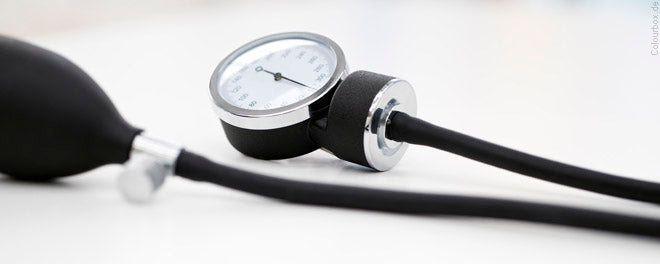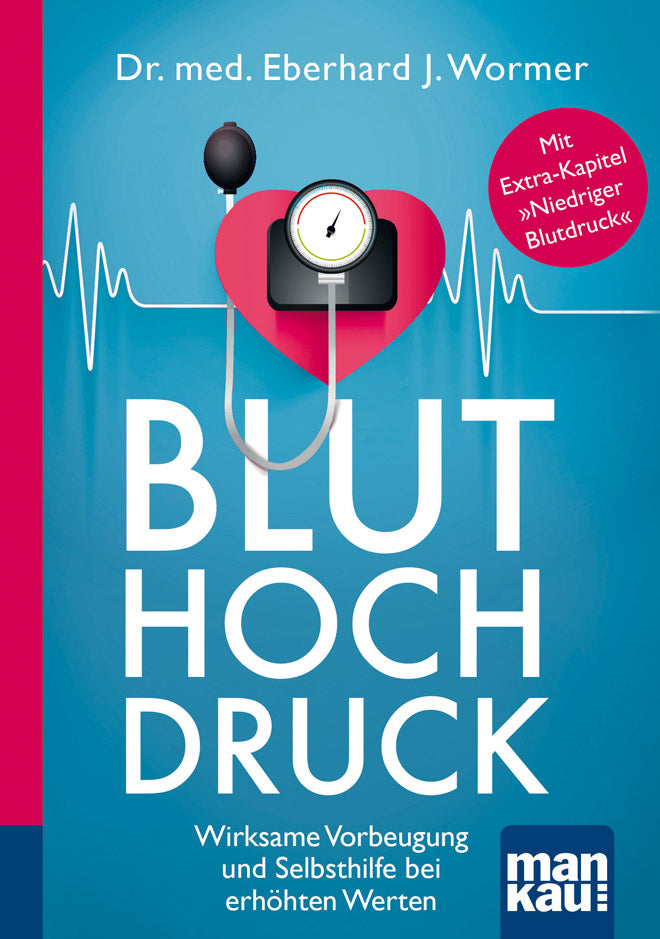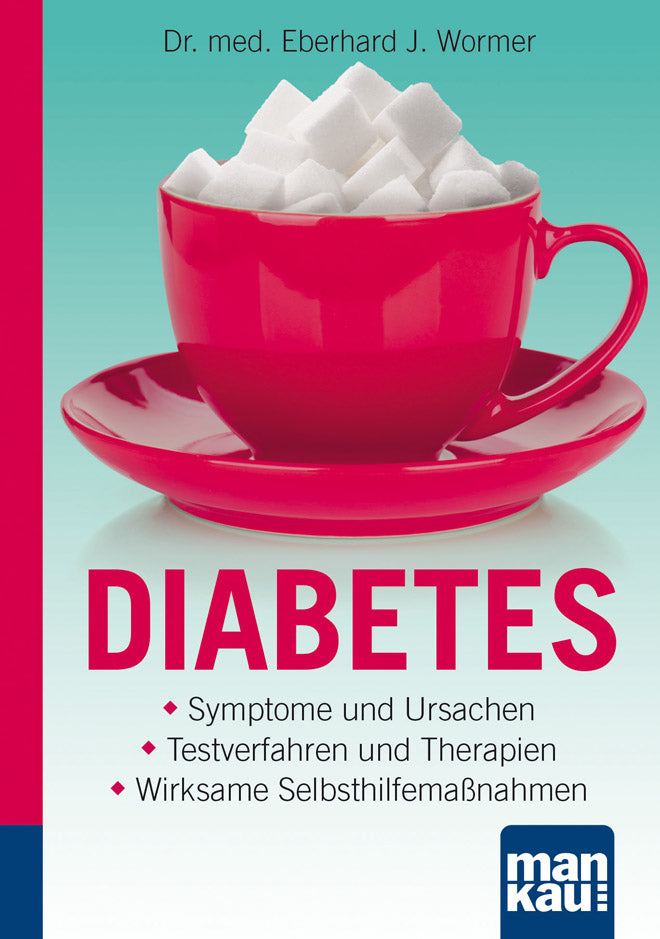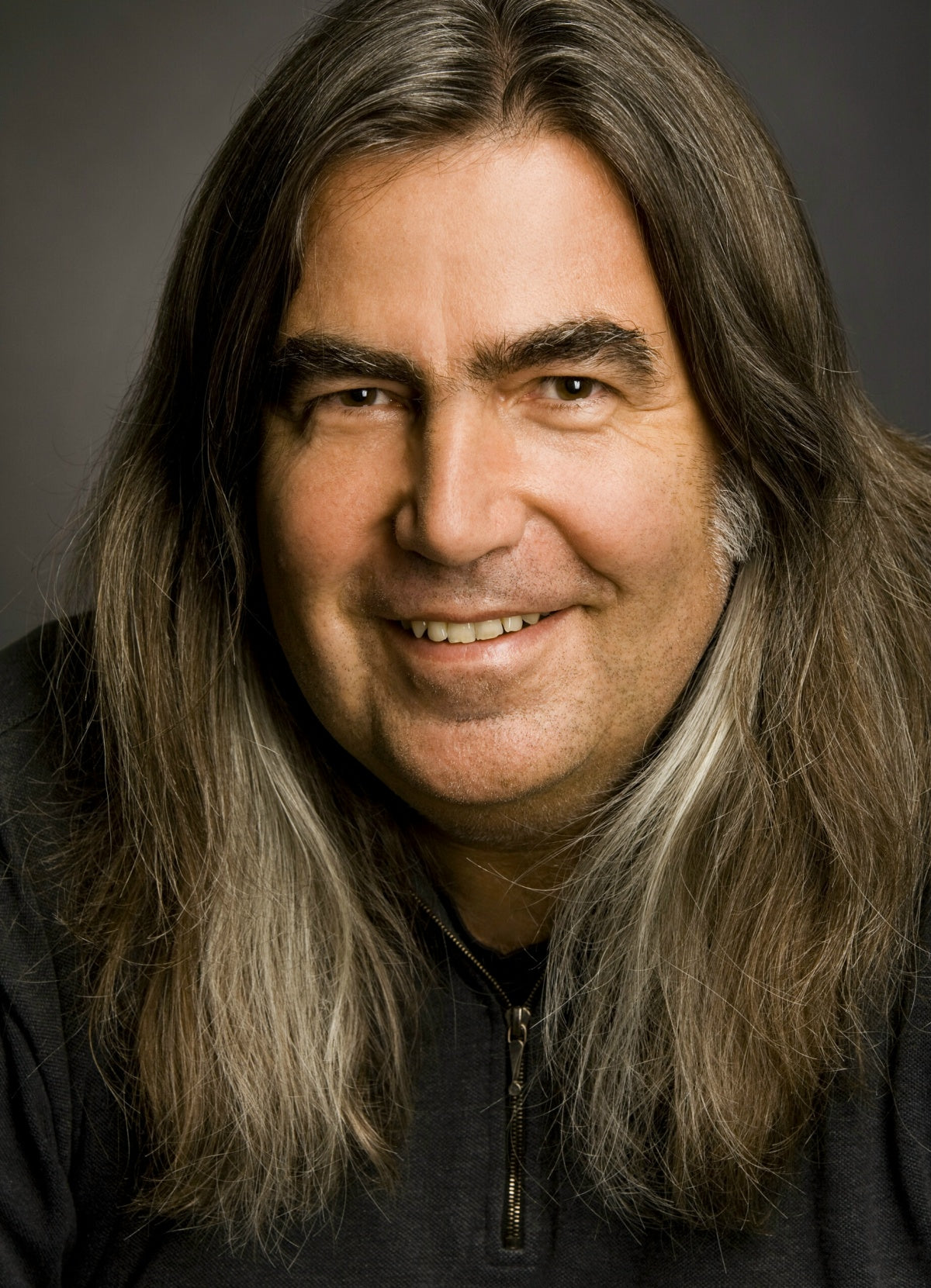
"This is how you get your blood pressure under control!"
"This is how you get your blood pressure under control!"
Interview with the doctor and guidebook author Dr. Eberhard J. Wormer
"Persistent high blood pressure causes vascular damage and can lead to serious illnesses such as heart attacks or strokes. However, since hypertension does not cause any noticeable symptoms, many sufferers are not even aware of this danger and do not go to the doctor or go too late. Check your blood pressure regularly! If it turns out that you suffer from high blood pressure, there are effective non-medicinal methods to lower your values and at the same time improve your quality of life!"
General practitioner Dr. Eberhard J. Wormer, author of the compact guide “High Blood Pressure,” sees the modern lifestyle as the main cause of the increasing health risk posed by hypertension worldwide, but also offers encouragement: With simple but sensible changes to lifestyle, blood pressure values can be effectively reduced.
According to the “Ärzteblatt”, high blood pressure is a major risk factor for cardiovascular and kidney diseases. The World Health Organization (WHO) now declares high blood pressure to be the greatest global health threat. What are the causes of this widespread disease?
Dr. med. Wormer: The main cause is today's lifestyle: stress, constant overwork, unhealthy diet and lack of exercise, both at work and in your free time - poison for the heart and circulation! It is noticeable that high blood pressure occurs more frequently when parents, siblings, aunts or uncles are also affected. In addition, overweight people often have high blood pressure. Smoking has been proven to be another risk factor for high blood pressure. Smoking promotes arteriosclerosis and increases the risk of serious illnesses such as heart attacks or strokes. Alcohol consumption also generally increases blood pressure temporarily. Too much salt, especially in combination with too little fluid, almost inevitably leads to an increase in blood pressure in the long term. Kidney diseases, hormonal disorders due to hyperthyroidism, diseases of the adrenal cortex, taking certain medications - such as the pill -, Cushing's syndrome, Conn's syndrome, sleep apnea syndrome, a narrowing of the main artery and so-called pregnancy-related hypertension have an immediate effect on blood pressure.
What is meant by high blood pressure in medical terms, and how can those affected recognize that their levels are too high?
Dr. med. Wormer: High blood pressure – also known as hypertension or (arterial) hypertension – is present when, in repeated measurements at different times, values above 140/90 mmHg
(= millimeters of mercury). According to WHO guidelines, the ideal blood pressure for adults is 120/80 mmHg. Blood pressure itself depends on blood volume, vascular resistance and the force with which the heart pumps blood into the vascular system. The big problem with high blood pressure is that there are usually no noticeable symptoms. This is why high blood pressure often goes undetected for a long time. Nevertheless, there are signs that indicate high blood pressure: dizziness, headaches, palpitations, nervousness, shortness of breath during exertion and visual disturbances. If you have symptoms like these, you should see your GP and have your blood pressure checked.
Unlike high blood pressure, low blood pressure is not considered a disease and is usually not taken seriously by doctors. When is action necessary?
Dr. med. Wormer: Low blood pressure is actually usually harmless. There are usually no underlying diseases or threatening symptoms. However, you often feel sick, weak or dizzy, so there may be a need for action. First of all, you should measure your blood pressure yourself or have it measured at the pharmacy. If the value is actually significantly below 120/80 mmHg, then you should see a doctor to rule out organic disorders. The doctor will suggest a number of measures to help you get your blood pressure back on track.
Persistently high blood pressure can lead to numerous secondary diseases. What are these?
Dr. med. Wormer: It is true that untreated, long-term high blood pressure can cause serious secondary diseases. In principle, damage to the blood vessels is always to be expected. The spectrum ranges from secondary damage to the heart and its blood vessels (arteriosclerosis, coronary heart disease, heart attack, chronic heart failure) to secondary damage to the kidneys (chronic kidney disease, kidney failure) to stroke or damage to the eyes as a result of retinal changes.
What is the best way to check your blood pressure? Does a doctor have to do this, or are commercially available devices suitable for home use?
Dr. med. Wormer: In any case, blood pressure should be measured at least once a year in a targeted and professional manner in the doctor's office. If you suspect that you have high blood pressure, you should also have blood pressure measured at your GP's office or in a pharmacy. If the suspected diagnosis of high blood pressure is confirmed, you should check your blood pressure daily. You can take these measurements at home at shorter intervals using your own blood pressure monitor, which is relatively inexpensive to buy in pharmacies or specialist shops. Devices for the wrist are less accurate than devices that measure with a cuff on the upper arm.
Despite the high risks of high blood pressure, there are numerous ways to prevent and treat it - without medication. What natural alternatives are there to lower blood pressure?
Dr. med. Wormer: Natural healing methods for high blood pressure are indeed considered to be serious alternatives to drug treatment. But they do not replace medical diagnosis and treatment if chronic high blood pressure is present. Proven alternative methods for lowering blood pressure without the use of drugs include losing weight (reducing excess weight) - ideally through a healthy, salt-conscious diet, water treatments, biofeedback, traditional Chinese medicine (TCM), homeopathy and medicinal plants, relaxation (autogenic training, yoga, progressive muscle relaxation) and an above-average vitamin D status.
The most important and effective way to combat high blood pressure is to have a healthy lifestyle. What measures can everyone take to protect themselves?
Dr. med. Wormer: The first and most important measures to lower blood pressure are stress reduction, a salt-conscious or salt-reduced, healthy diet and regular physical activity. If you avoid nicotine, consume alcohol in moderation and maintain your ideal weight, you are on the safe side.
Book tip:
Dr. med. Eberhard J. Wormer: Diabetes. High blood pressure. Compact guide. Effective prevention and self-help for elevated values. With extra chapter "Low blood pressure". Mankau Verlag, 1st edition April 2017, paperback, 11.5 x 16.5cm, color, 126 pages, 8.99 euros (D) / 9.20 euros (A). ISBN 978-3-86374-380-2.
Link recommendations:
More information on the guide "High blood pressure"
To the reading sample in PDF format
More about Dr. Eberhard J. Wormer
To the Internet forum with Dr. med. Eberhard J. Wormer











